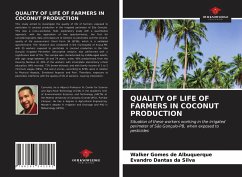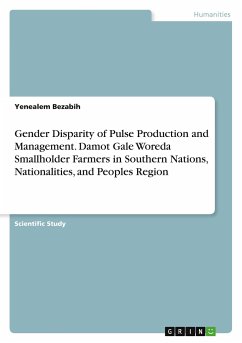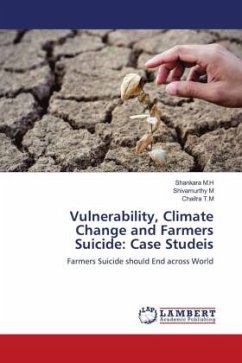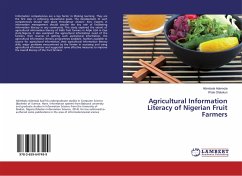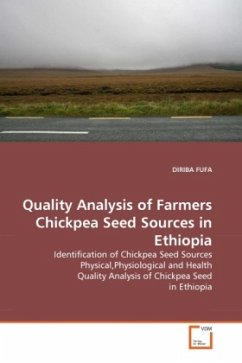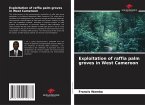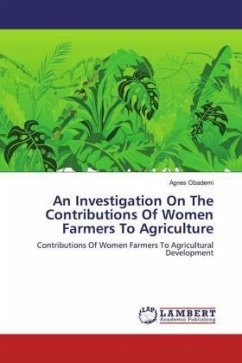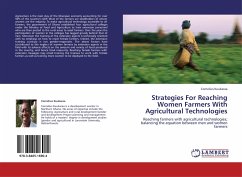This study aimed to investigate the quality of life of farmers exposed to pesticides in coconut production in the irrigated perimeter of São Gonçalo. This was a cross-sectional, field, exploratory study with a quantitative approach, with the application of two questionnaires, the first for sociodemographic data and exposure of workers to pesticides and the second, quality of life assessment: Short Form 36 (SF36), which is a validated questionnaire. The research was conducted in the municipality of Sousa-PB, with 25 workers exposed to pesticides in coconut production in the São Gonçalo Irrigated Perimeter. Descriptive analysis was performed with a significance level of 5%. The sample was characterized by middle-aged adults; with age range between 18 and 74 years, male; 40% predominant from the Housing Nucleus III; 40% of the workers with incomplete elementary school education; 84% married, 72% brown-skinned; and with family income of 1 to 2 minimum wages (56%). The worst scores, according to SF36, were in relation to Physical Aspects, Emotional Aspects and Pain. Therefore, exposure to pesticides interferes with the quality of life of workers, causing intoxication.
Hinweis: Dieser Artikel kann nur an eine deutsche Lieferadresse ausgeliefert werden.
Hinweis: Dieser Artikel kann nur an eine deutsche Lieferadresse ausgeliefert werden.

